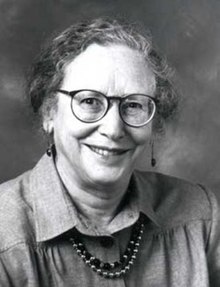 "We women have lived too much with closure: "If he notices me, if i mary him, if i get into college, if i get this work accepted, if i get the job" - there always seems to loom the possibility of something being over, settled, sweeping clear the way for contentment. this is the delusion of a passive life."
"We women have lived too much with closure: "If he notices me, if i mary him, if i get into college, if i get this work accepted, if i get the job" - there always seems to loom the possibility of something being over, settled, sweeping clear the way for contentment. this is the delusion of a passive life." |
| Carolyn Gold Heilbrun |
The book also inspires me to reread, or read for the first time, some pretty cool books like May Sarton's Plant Dreaming Deep and Journal of a Solitude, Virginia Woolfs The Years and Three Guineas, also books by and about Anne Sexton and Adrienne Rich (I just ordered her book about motherhood in my public library, thus stayin' true to my vow, to not by another book until Indiebookday).
Writing a Woman's Life is an inspiring and smart book, considered that it was written 28 years ago, it is also a shocking book, because so much in it is still so true instead of ancient history, which it ought to be, really.
Carolyn Heilbrun was an interesting person, somebody, who craved solitude and was able, to provide for whatever she wanted: she had a family and was still a successful scholar and writer of mystery novels, she had a home in Manhattan and a place in the country, and in the end, she chose her own death. In her book The last Gift of Time: Life beyond Sixty, she said, she would kill herself right after her 70th birthday, because afterwards, there would be mainly the horrible decline. In the end, she waited until the was 77 to take her own life and surprised all her family and friends by doing it, because everything still seemed to be okay. She was not sick or obviously disturbed.
I am not sure, what to think of this. But coming from a family, where suicides happened, I am saying this: it hurts the people left behind, but I agree nevertheless with Heilbrun, especially considering, how the medical system is declining nowadays, that a chosen death, a self directed dying, has an appeal!
Here is an article from the New York Magazine about her death. Great read!
© Susanne Becker
Kommentare
Kommentar veröffentlichen